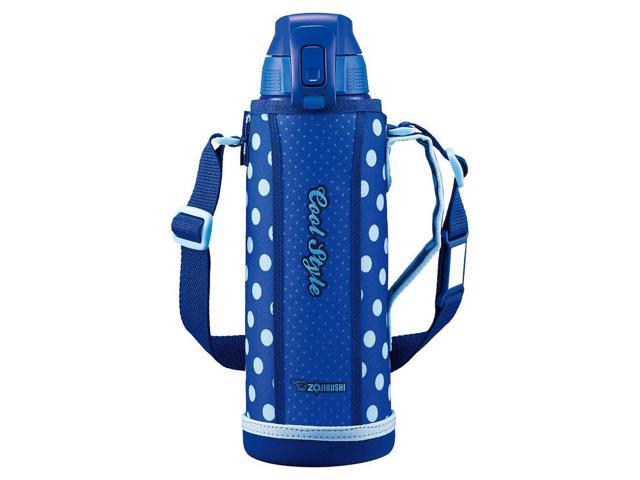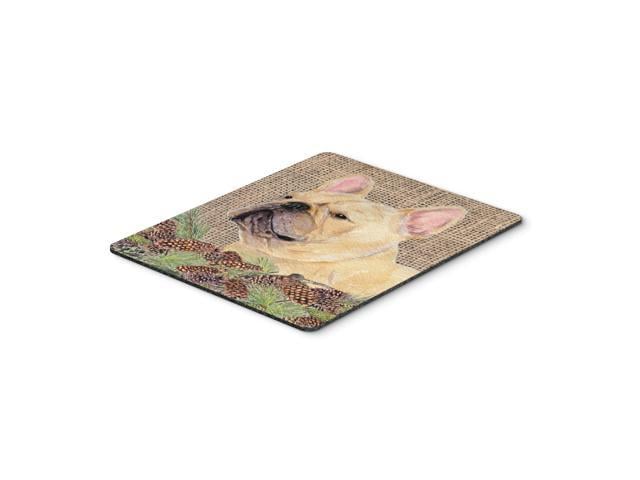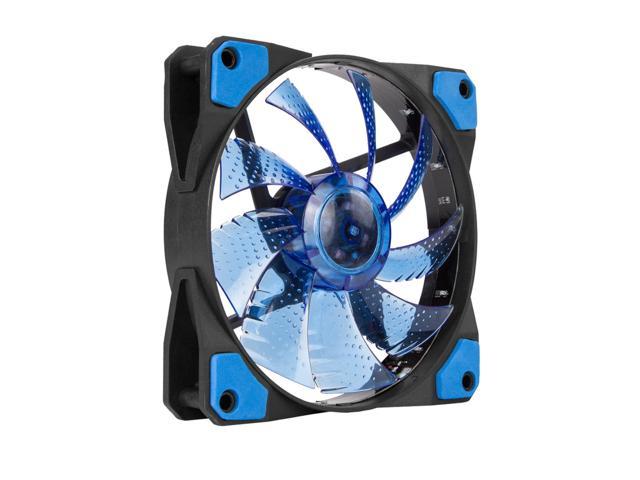This historic book may have numerous typos and missing text. Purchasers can download a free scanned copy of the original book (without typos) from the publisher. Not indexed. Not illustrated. 1898 Excerpt: …lakes of water are made to appear where none exist. Though Ayoub Khan’s force was immensely superior in guns and in numbers to the British, for the comparative strength was probably ten to one in his favour, yet a British force, in good fettle and well handled, has won many a victory against equal odds. It is apparent therefore that we must look to causes apart from actual aptitude for battle to account for Ayoub Khan’s victory. These are not difficult to find. In the first place the day was in the month of July, one of the hottest in the year, and as the day advanced, every step the troops took forward found the power of the sun increasing, till the heat became intense. To a solitary traveller on foot, marching in such a temperature, the task would be an arduous one, much more so to a soldier marching heavily loaded and formed up in column of companies, which it is generally allowed is one of the most fatiguing formations for a prolonged advance. The 66th Foot, before starting, had been served out with tea and a light breakfast, but the native troops had had nothing to eat since the night before. One regiment, the 1st Bombay Grenadiers, had no water to drink, but the rest managed to fill their water bottles during a halt which lasted from 8.30 to 9.15. Already a good deal fatigued on account of the heat and mode of marching, the brigade at the end of it, that is, just before the battle began, were ordered to change front three-quarters left. During this movement the Grenadiers, the pivot regiment (the brigade being in line of battalion columns), did not slacken its pace to any appreciable extent, consequently the centre and outer flank regiments became greatly exhausted in trying to keep in place during the wheel. The whole brigade, therefore, arrived hung…







![Zojirushi (ZOJIRUSHI) Water bottle direct drinking [One-touch open] Stainless mug 600ml Stainless SM-STA60-XA](https://c1.neweggimages.com/ProductImageCompressAll640/BDRDD2207220HTI3Z58.jpg)







